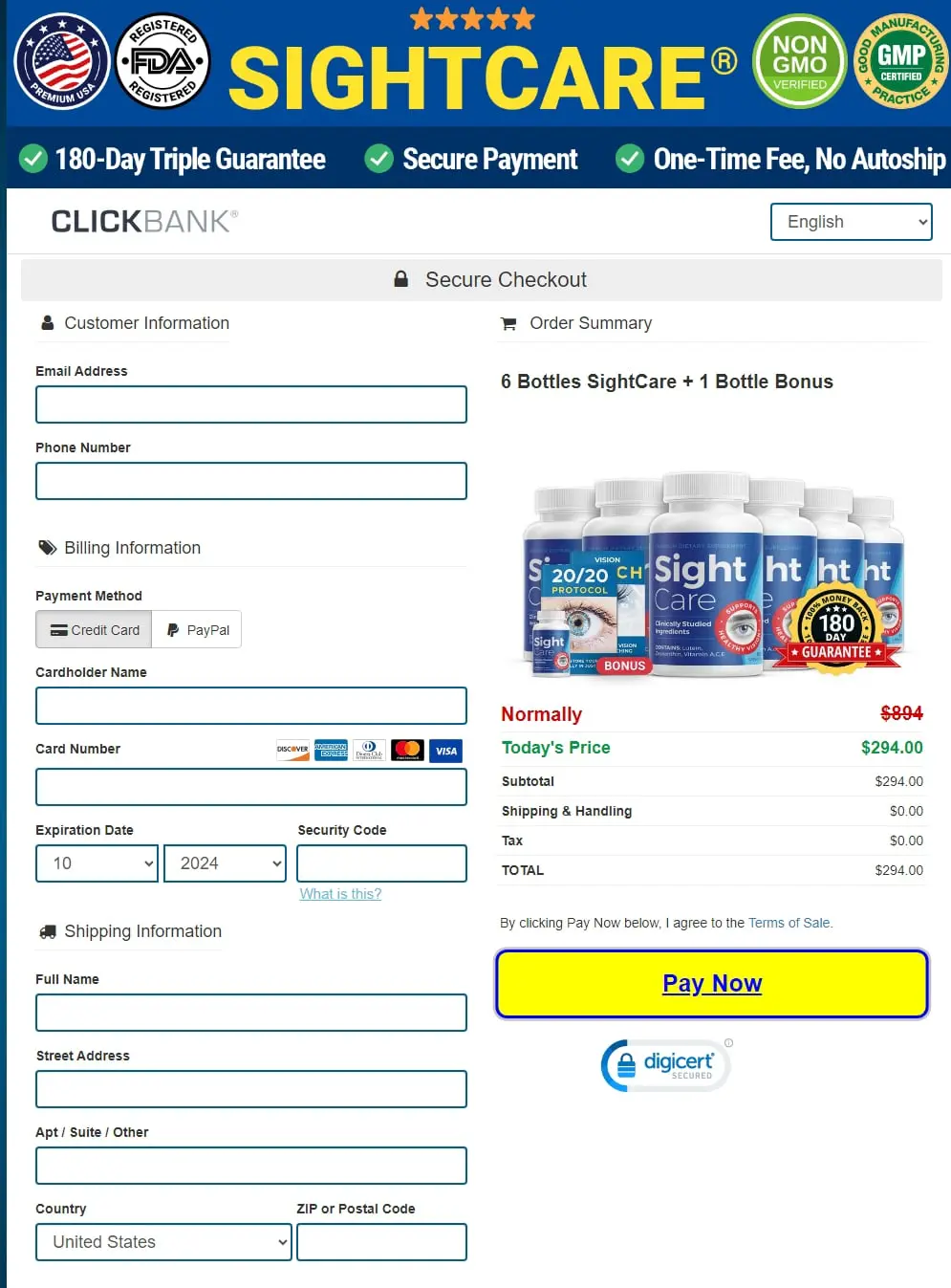The prevalence of screens and digital tools in modern life has elevated eye wellness to a substantial public issue, affecting individuals of any ages. Furthermore, the all-natural aging process enhances the possibility of creating significant Sightcare eye vitamins for long-term eye care (click the up coming webpage) conditions like age-related macular degeneration and cataracts, which can considerably hinder vision. Fortunately, Sightcare eye vitamins two powerful antioxidants, lutein and zeaxanthin, offer substantial security. These important carotenoids are not just instrumental in maintaining clear and healthy vision however likewise supply an essential guard against the damaging effects of high-energy blue light emitted from digital gadgets and the devastating processes of oxidative stress and anxiety. This conversation intends to thoroughly check out the comprehensive benefits of incorporating lutein and zeaxanthin into our diet plans and supplement regimens, showing their extensive influence on preserving long-lasting eye wellness and advertising improved general health.
Lutein and zeaxanthin, powerful anti-oxidants belonging to the carotenoid household, are perfectly existing in vibrantly tinted fruit and vegetables, specifically dark eco-friendly leafy veggies like spinach, kale, and collard greens. They are additionally found in fruits such as kiwi, grapes, and oranges. Within the eye, these pigments collect in the macula, a critical area of the retina responsible for high-acuity main vision, enabling tasks like analysis and acknowledging faces. Their crucial role is to function as an all-natural filter, absorbing high-energy blue light sent out from the sunlight and digital tools. This filtering action assists to counteract unsafe cost-free radicals, thus reducing oxidative stress and safeguarding the delicate photoreceptor cells in the retina from damages. Given the prevalent use of electronic displays in contemporary life, appropriate intake of lutein and zeaxanthin is critical for keeping lasting eye health and wellness and potentially decreasing the chance of creating age-related macular deterioration (AMD), a common condition causing irreparable vision problems in older populaces.
Compelling proof from numerous study tests reveals that the carotenoids lutein and zeaxanthin provide a dual advantage to the aesthetic system, providing both antioxidant security against damages and enhancement of visual performance. Scientific research studies regularly reveal that adequate levels of lutein and zeaxanthin can boost an individual's comparison level of sensitivity, equipping them to discern items with greater clearness, also when those items are placed versus backgrounds with limited contrast. This is highly beneficial for people participated in activities calling for exceptional visual perception, such as professional photographers capturing detailed pictures, specialists doing fragile treatments, or astronomers observing pale holy items. Additionally, the study suggests that lutein and zeaxanthin aid to mitigate glare level of sensitivity, therefore enhancing total aesthetic convenience and adding to a better overall lifestyle. Individuals looking to optimize their long-lasting eye health ought to prioritize incorporating foods normally bountiful in these beneficial carotenoids, such as collard eco-friendlies, broccoli, and orange peppers, or checking out the possible advantages of dietary supplements particularly created to support ocular health. Numerous all-in-one nutritional formulas targeting general wellness usually include considerable does of lutein and zeaxanthin, giving a practical approach for individuals to raise their daily consumption and assistance optimum visual function.
Lutein and zeaxanthin provide a considerable advantage in protecting versus cataracts, an age-related eye condition where the natural lens ends up being opaque, triggering blurred vision and light sensitivity. Research study has actually shown that incorporating adequate quantities of these 2 nutrients via diet plan is associated with a reduced likelihood of cataract growth. A noticeable study documented in the Archives of Ophthalmology observed that participants with high levels of lutein and zeaxanthin in their diet plans experienced a significantly lower occurrence of cataracts contrasted to people with reduced consumptions. This indicates that these antioxidants may proactively protect the lens versus oxidative damages, thus sustaining the maintenance of clear vision and general eye wellness as one ages.

Along with sustaining eye health and wellness, lutein and zeaxanthin provide a bigger series of advantages. New studies are revealing their prospective as anti-inflammatory agents, which is important for preserving general wellness. Chronic swelling is now comprehended to be a vital variable in the development of several serious conditions, including heart problem and some cancers. For that reason, enriching your diet plan with foods abundant in lutein and zeaxanthin can provide double advantages: safeguarding your vision and supporting systemic wellness. For those seeking a hassle-free means to increase their intake, a powdered supplement like Tonic Greens is a choice, providing a concentrated source of these nutrients for simple and easy daily usage.
To sum up, emphasizing the important duty of lutein and zeaxanthin in cultivating healthy vision is critical. Functioning as effective protectors against the prevalent threat of blue light exposure and Sightcare lutein supplement the mobile damages triggered by oxidative tension, these vital nutrients contribute in avoiding the start of age-related vision disorders and substantially boosting overall aesthetic function. Solid clinical research study sustains their capability to reduce the possibility of developing cataracts and suggests potential advantages for other elements of systemic health and wellness, emphasizing the need of ensuring adequate consumption of these carotenoids, particularly offered the prevalence of screen time in modern society. Integrating lutein and zeaxanthin-rich foods into one's diet, or taking into consideration supplements like Tonic Greens to bridge dietary gaps, constitutes an aggressive method to maintaining vision for many years to come. The even more we explore the complex advantages of lutein and zeaxanthin, the more clear it becomes that focusing on vision treatment is an essential component of all natural health monitoring.







